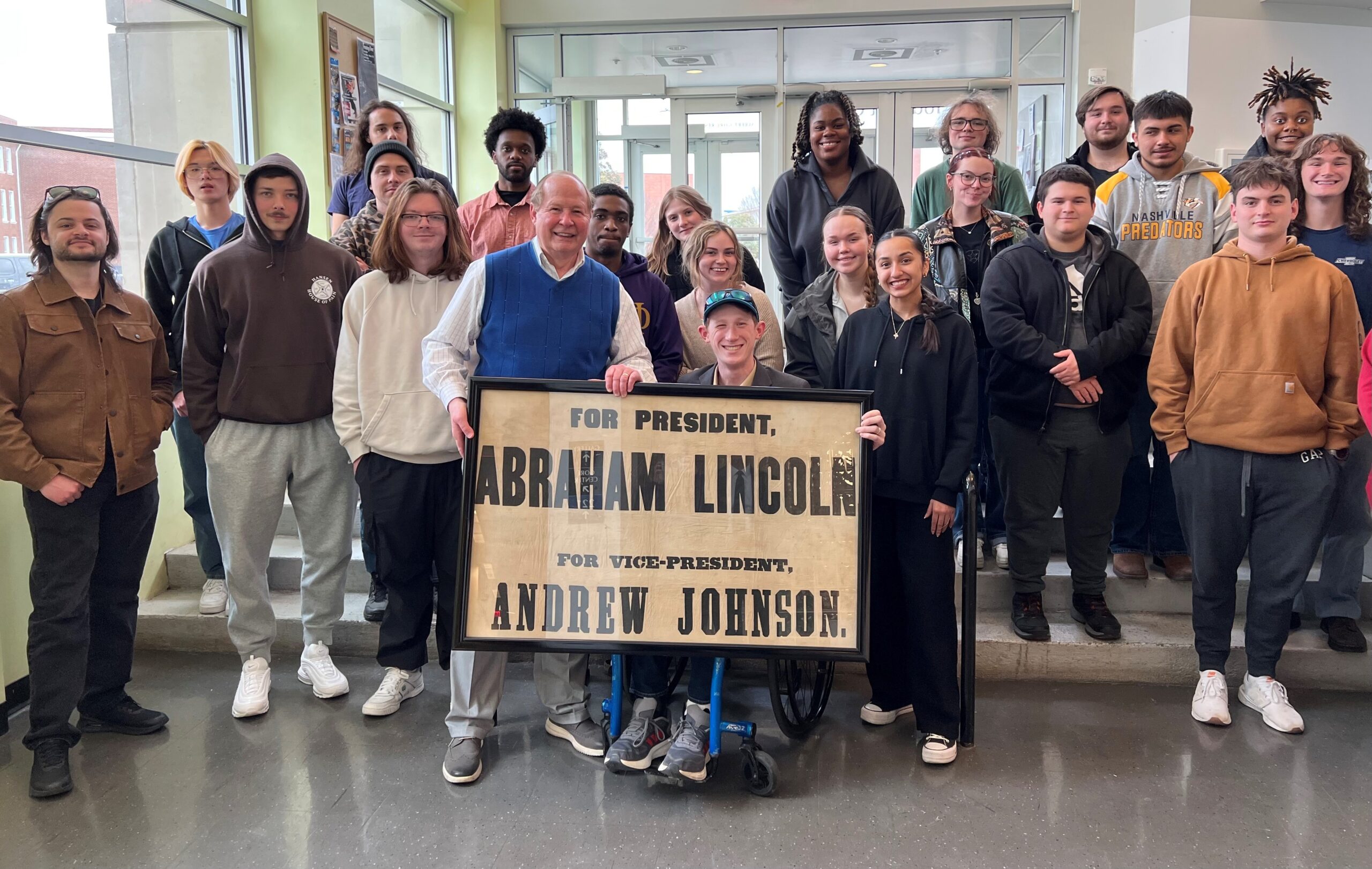Department of Political and Global Affairs
Research Opportunities
As a Political and Global Affairs major, you have the opportunity to become an independent researcher and take part in original intellectual work. Nothing shows potential employers, law schools, and graduate schools your mastery of key skills and the ability to act independently than completing your own research. You have multiple opportunities to craft and conduct research on your own ideas, and to both present and publish your work.
1. Why Bother With Your Own Research?
With undergraduate research, you work on a topic and project of your own design over the course of one or two semesters. You will work with a faculty mentor who works in the same general area; the mentor provides guidance and feedback, but the research is YOURS. Taking the opportunity to pursue your own research ideas offers many benefits. By participating in undergraduate research you will:
- Develop a one-on-one mentoring relationship with a Political Science/International Relations faculty member;
- Clarify your academic and career interests and goals;
- Acquire knowledge in your academic field that transcends classroom study;
- Enhance critical skills in communication, independent thinking, creativity and problem-solving; and,
- Enhance professional and academic credentials to support your applications for scholarships, awards, jobs and entry into graduate and professional schools;
Research, in short, helps you learn how to apply the concepts learned in class and demonstrate to others that you have the skills and independence to act on your own ideas.
2. Do Research for Credit or Cash
The Department of Political Science offers opportunities for you to pursue your own research and earn credit toward your degree. In addition. the University has a program where– rather than credit– you can earn cash fellowships for conducting your own research.
Research Opportunities – For Credit
PS 4970: Undergraduate Research
One to six credits. Students pursue their own topics and fields of concentration under the supervision of a political and global affairs faculty member. Working with the faculty member, the student will design and conduct independent research, with the final paper presented at a conference or a public forum on campus.
PS 4950: Community-Based Research Practicum
One to six credits. Students are given supervision in planning and carrying out an applied social research project that is defined in partnership with a local civic group, nonprofit agency, or public department. Students may work individually or in groups of up to six. A final report is presented to the community partner at the end of the course. Projects must be approved prior to enrollment.
GEOG 4600: Field Experience in Geography
One to six credits. Intensive field-based exploration of selected themes of human and physical environment. Depending on instructor, course can take many forms including but not limited to faculty-led excursions, research-oriented data collection projects, and/or service learning. Involves field trips which may occur locally, in other regions of the United States, or abroad. No more than six hours of GEOG 4600 may count toward the Global Studies and Human Geography degree.
GS 3999 and GEOG 3999: Independent Study in Global Studies and Geography
Three credits. Student research through independent studies; they can cover a broad variety of topics.
Research Opportunities – For Cash
MTSU Undergraduate Research Experience and Creative Activity Grants (URECA)
3. Presenting and Publishing Your Research
An essential part of all academic research is the opportunity to share your results with others in the community. This both provides you with a chance to improve your professional communication skills and add substantive lines on your resume for job, law school, and graduate school applications.
On campus, you can present your own work at Scholars Week, held each Spring.
Students also have the opportunity to present their work at professional conferences, such as the Tennessee Political Science Association and other regional and national associations in the field. Talk to your academic advisor and individual professors about the best places to present your research.
There are now also many journals that just publish undergraduate research, and thus you can get your work in print. A good list of undergraduate research journals can be found HERE.
